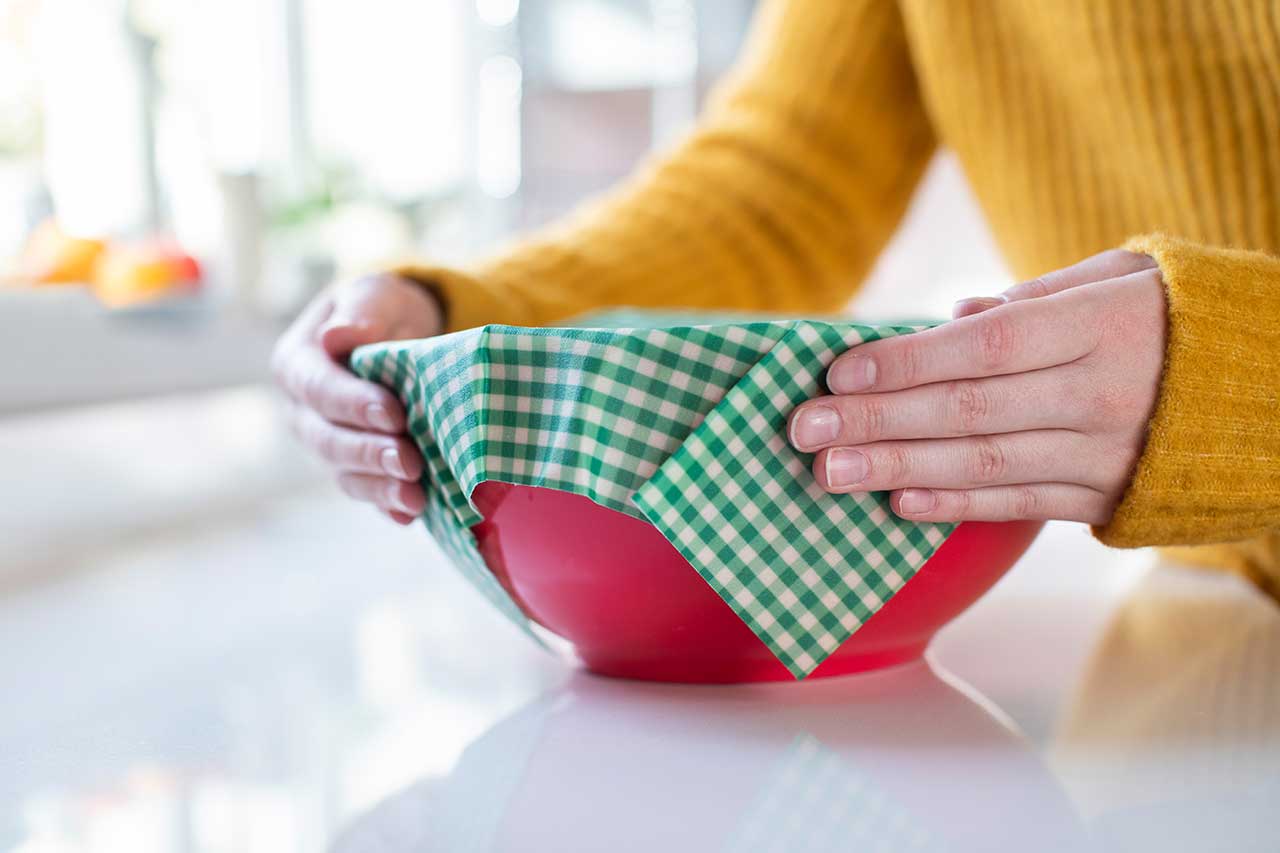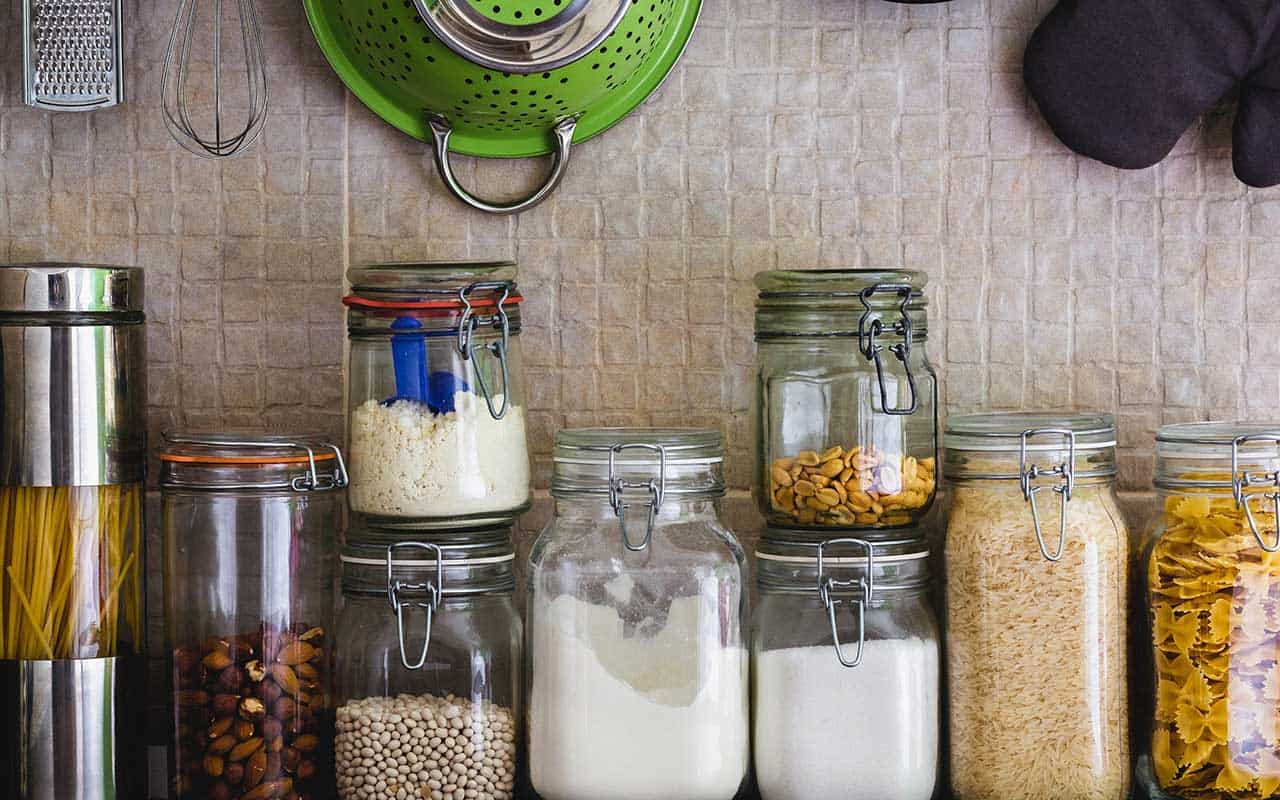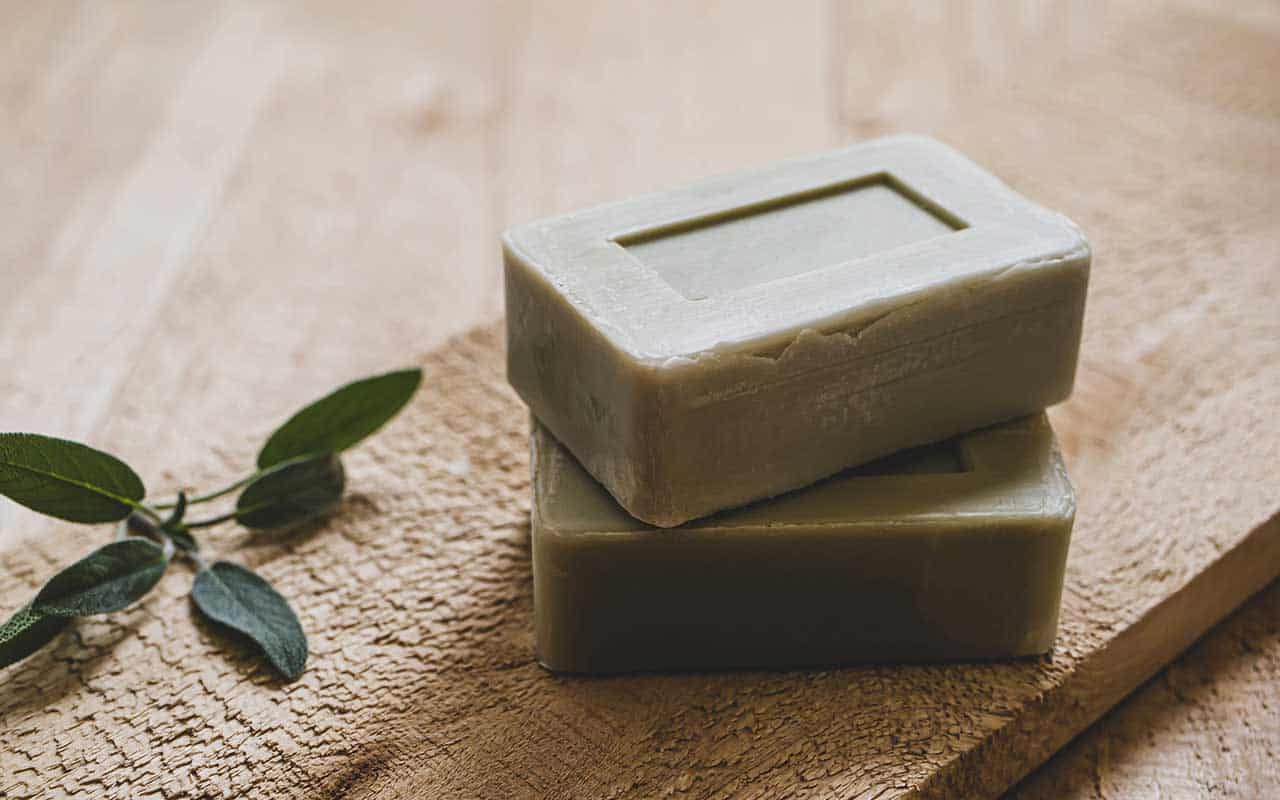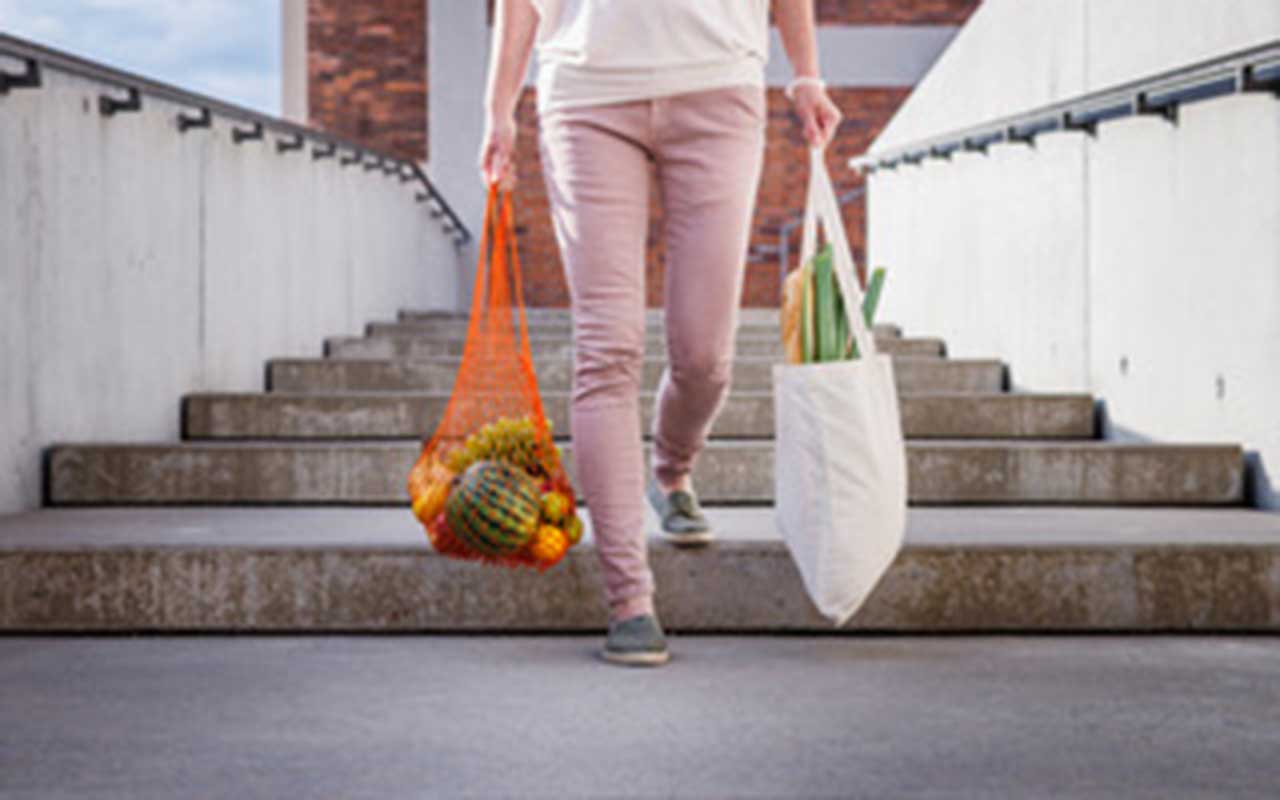Main Street Recommends

Plastic Free Alternatives For the Household
The start of this month officially kicked off Plastic Free July. What initially started as a charity organization based in Australia has expanded into a global challenge to forego single-use plastics for the entire month of July, and ideally, forever.
The background of Plastic Free July
According to their website, Plastic Free July “provides resources and ideas to help you (and millions of others around the world) reduce single-use plastic waste everyday at home, work, school, and even at your local cafe.”
The organization has encouraged “100+million participants across 190 different countries.” The ultimate goal is to refuse single-use plastics throughout the month and find great eco-friendly alternatives that you can carry with you beyond the July challenge.
Going plastic-free can seem daunting at first, especially with so many options, so here are a few of our picks for reducing single-use plastic in the household.
Cleaning the house
It’s surprisingly easy to avoid cleaning products that are packaged in single-use plastics. One way to avoid plastic altogether is to make your cleaners at home, but if you’re short on time, here are some plastic free alternatives:
- Bulk Food Stores
Bulk food stores offer many refillable cleaning products including dish soap, glass and window cleaners, and laundry detergent.
- Natural Sponges/Cloths
Instead of using synthetic sponges – which can take hundreds of years to decompose fully! – consider switching to natural sponges made of plant fibers or cellulose. Instead of using paper towels, consider switching to natural fiber towels such as cotton. These towels can be washed and reused, and are also the most absorbent. Additionally, cotton is one of the easiest fabrics to decompose, with an average of one week to five months.
- Reusing Bottles/Jars and Homemade Cleaners
Consider saving your old jars and bottles and using them to store your own homemade cleaners. An easy homemade all-purpose cleaner recipe includes equal parts white vinegar and water, and baking soda can be mixed with water to create a paste for scrubbing. Make your cleaner scented by including a few drops of essential oils or citrus juice.
In the kitchen
The kitchen is arguably one of the places where single-use plastics can lurk the most. Here are a few easy switches you can make to reduce plastic in your kitchen.
- Loose Produce in Grocery Stores
Many grocery stores like to package fruits and vegetables in plastic. To avoid this, look for loose produce that you can put directly into your own reusable bags or into the cart itself. Additionally, if you’re able, head to farmer’s markets and organic stores where plastic packaging is seldom used. Buying produce loose reduces unnecessary plastic waste.

- Beeswax Wraps
Nix the plastic wrap altogether by switching to beeswax wraps, which can last up to a year of regular use with proper care. Beeswax wraps are an eco-friendly substitution for plastic wrap, and you can use it on a variety of foods. Additionally, beeswax wraps have antimicrobial properties that can keep your food not only fresher for longer, but also safer too. Beeswax wraps are made from a piece of fabric – often cotton – and then coated with a layer of food-grade beeswax, plant resin, and coconut or jojoba oils. The result is a flexible fabric that sticks to itself and to other substances and can be used as a substitute for other kinds of single-use wraps.
- Sustainable Food Storage Options
There are so many plastic-free options for storing food. Instead of using disposable plastic zip bags to store snacks or to marinate meats in, switch to sealable silicone bags. These come in a bunch of different sizes, can be washed and reused, and oftentimes can be used safely in the freezer, microwave, and the fridge.

Another easy swap is moving to glass for food storage. Glass is safe to microwave, whereas many plastic containers contain harmful chemicals and a quick zap in the microwave can increase exposure. Reusable canning jars are a great way to store fruits, liquids, and even leftovers. But if you’re looking for the swap that is most similar to your plastic containers, invest in tempered glass containers with lids, which function exactly the same, are easy to stack and store, and are safe to use in the microwave.
In the bathroom

The bathroom might not seem like it, but it’s one of the places where plastic is the most present. Plastic bottles, jars, and other containers lurk in all corners of the bathroom. Here’s some easy swaps to keep your bathroom plastic-free:
- Bar Soaps
If you can bring yourself to part with your favorite shampoo and conditioner or body wash, consider switching to bar soaps. There are many different kinds to choose from now from various eco-friendly high-end brands, as well as ones that are more budget-friendly. Many body washes and face cleansers are available in a bar soap option now, too.
- Plastic-Free Dental Care
Switching to plastic-free alternatives doesn’t mean that your dental health has to suffer. Consider switching to a bamboo toothbrush, using plastic-free floss, and mouthwash tablets, the latter of which are dissolvable in water and then used just like a normal mouthwash.
- Metal Razors
What was once common has been replaced with a wasteful alternative, so we’re going back to our roots! The Environmental Protection Agency estimates that plastic razors take nearly 1,000 years to biodegrade, so switching to metal razors will save your wallet and the planet. They’re recyclable, and the only thing you’ll have to purchase a replacement for is the blade itself.
Outside the house

- Reusable Bags
Stock up on reusable shopping bags to cut down on plastic consumption when you’re out shopping. Many places in Massachusetts and New York have ditched single-use plastic bags anyway, so purchasing reusable bags will only benefit you in the long run!
- Reusable Cups
Bring a reusable cup to your favorite coffee shop and ask them to put your morning coffee in there instead of in a single-use paper or plastic cup. Places like Starbucks even reward you for bringing your own cup and give you a $0.10 discount on your purchase.
- Reusable Cutlery
Pack your own knife, fork, and napkin or cloth and keep it in your car or in your office. Many times when ordering out for lunch or dinner, restaurants will pack single-use plastic cutlery with the order. Keeping a set of cutlery in your desk is an easy way to cut down on plastic consumption without inconveniencing yourself.
Going plastic-free can be very daunting at first, and living in a household that is completely 100% plastic-free isn’t exactly feasible in today’s day and age. However, making small changes and simple swaps are a good way to get your house moving away from plastic and towards a more overall eco-friendly environment both inside and out.
